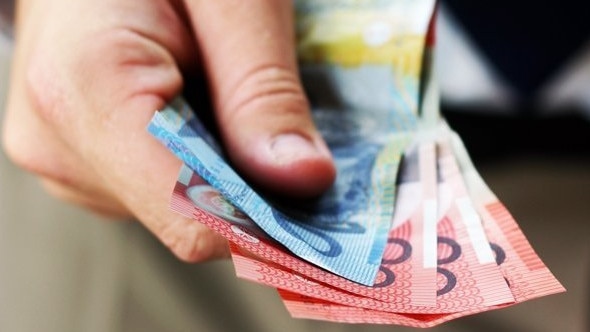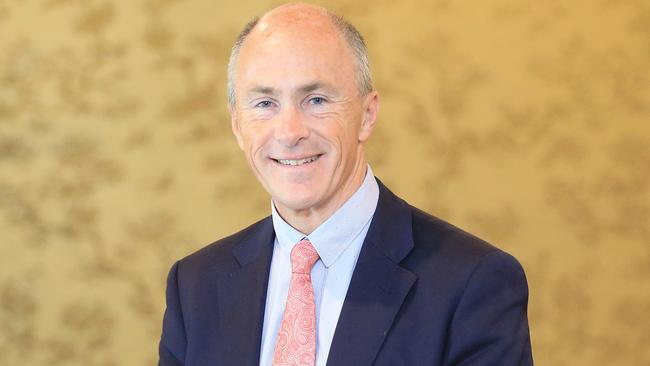Cash’s disappearing act set to heat up, and Australians are OK with it
Cash is becoming an unused relic in purses and wallets, and a ‘surprising’ number of Australians are happy to see it go quickly.
Covid-19’s acceleration of electronic banking and online shopping has left millions of Australians happy to get rid of cash completely by next year.
And physical cash now sits unused in wallets and purses for up to three months, according to new research by digital bank ME.
It found 35 per cent of Australians would be happy to go fully cashless by 2022, and half had no issues with cash disappearing within five years.
However, cash is likely to linger for longer, experts say, so gold coin donations and tooth fairy visits don’t have to be overhauled just yet.
Takeaway coffees are the most popular cash purchase, and almost one in five people still pay tradespeople with cash, according to ME’s survey of 1000 adults.

While younger generations aged between 18 and 39 are the most supportive of a cashless world, more than one-third of Baby Boomers say they no longer use cash.
“It’s no shock that Australians, particularly the younger generations, are using less cash, but it’s surprising that one – third would be willing to make the change as soon as next year,” said ME head of home loans and personal banking Claudio Mazzarella.
“Only 19 per cent of respondents said they would miss cash to educate children, so we’re already seeing that the next generation is becoming more and more used to digital money than the one before,” he said.
Australian Bureau of Statistics data released last week showed ATM withdrawals continued to fall in June.
CommSec chief economist Craig James said many businesses now preferred electronic transactions over cash.
“There’s also a perception that we don’t want to touch things that might be perceived as dirty or contaminated, so people are shunning notes,” he said.
But Mr James does not expect cash to disappear completely.
“I think it will be similar to cheques,” he said.
“You would have thought by now that no one would use a cheque when there are so many other ways of making transactions. But cheques are still around the place.”
Monthly cheque use had dropped from 50 million in the early 2000s to 2.8 million today, although the average cheque size of $11,258 was at a record high, Mr James said.
He said preferences for cheques – like cash – were “a generational thing”.
“People in their sixties and seventies have grown up with the cheque and that’s what they’re comfortable with.”

MOST COMMON ITEMS BOUGHT WITH CASH
• Takeaway coffee and tea 47%
• Pocket money and financial education 40%
• Newspapers and magazines 29%
• Secret gifts for joint account holders 22%
• Car washes 22%
• Payment for trades and services 18%
Source: ME






To join the conversation, please log in. Don't have an account? Register
Join the conversation, you are commenting as Logout